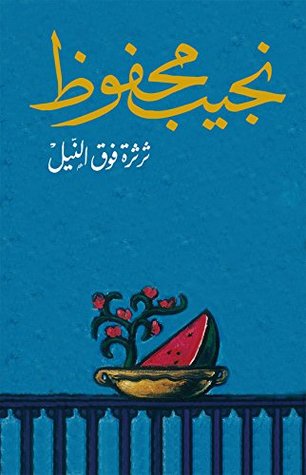Orhan Pamuk’s Snow concerns the conflict between tradition, religion, and modernisation in early 1990s Kars, a remote city in eastern Anatolia, Turkey. It describes the difficulties faced by a nation crushed by poverty, unemployment, questions about the veil, the role of a modernising army, and, above all, an epidemic of suicide among religious girls in the city. The city’s locals suffer from a dreadful inferiority complex that they are all purportedly ignorant in the eyes of the West; therefore, they need to prove themselves––religion was their only solace. But as the story unfolds, their agonising struggle is not only with the West but with the brutality of the secularist regime in Turkey.





